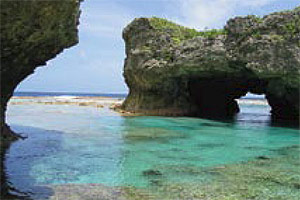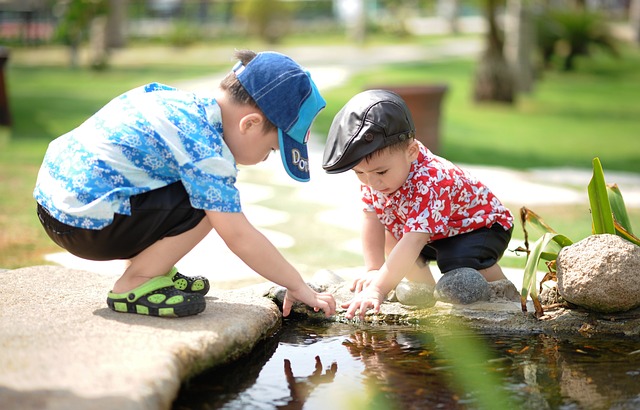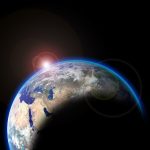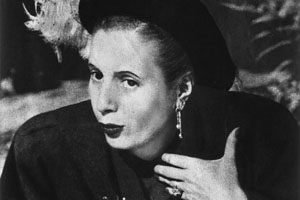A Varied Landscape
The main mountain system in the country is the Southern Alps in the South Island. Mount Cook rises here, the highest peak at 3,754 meters above sea level. Also prominent are the geysers and thermal springs, the plain that stretches along the Otago plateau in the southeast, and the Canterbury Plains in the northwest. In the North Island the average altitudes are lower, however the Lake Taupo volcanic plateau is prominent, where the Waikato River at 425 km, the longest in New Zealand, has its source.
The coast is low and sandy in the west, and more irregular in the east. The two islands have a number of lakes, periglacial (formed from glaciers) in the south and crater lakes (formed from volcanic activity) in the north.
A Constitutional Monarchy
The British monarch (Queen Elizabeth II) is the head of state, but is represented by the Governor-General. Cabinet governs and is constituted by the Prime Minister and ministers. The Governor-General names the Prime Minister, and the rest of the ministers are named by the Governor-General on the advice of the Prime Minister.
The Parliament of New Zealand is the body that exercises the functions of the legislative branch. It is unicameral and consists of the House of Representatives, with 120 members elected through universal suffrage every three years. The main body in the Judiciary is the Supreme Court and under this are the High Court and the subordinate courts.
A Competitive Economy
Agriculture, wool exports (of which the country is the second largest worldwide exporter after Australia), meat and dairy products are the foundation for the development of the economy in the country. Agriculture is based on the production of wheat, maize, vegetables, potatoes, oatmeal, citrus and kiwifruit (it is the most successful crop, making New Zealand the first exporter worldwide). Other important sectors are the wine industry, centred in Malborough, in the South Island and in Wairarapa and Manuwatu-Wanganui, in the North Island.
Tourism has become an important source of income. The two and a half million tourists that visited New Zealand in 2005 place this sector in second place in the economy. Fishing has expanded rapidly in the last three years. The predominant species are: the rock grenadier, hake, mackerel, barracuda and squid.
Overseas Territories
The Ross dependency in Antarctica and the Tokelau Dependency in the Pacific Ocean both fall under the jurisdiction of the Government of New Zealand. The Cook Islands and Niue, both in the Pacific, are autonomous territories freely associated with New Zealand.








 Muere Evita
Muere Evita